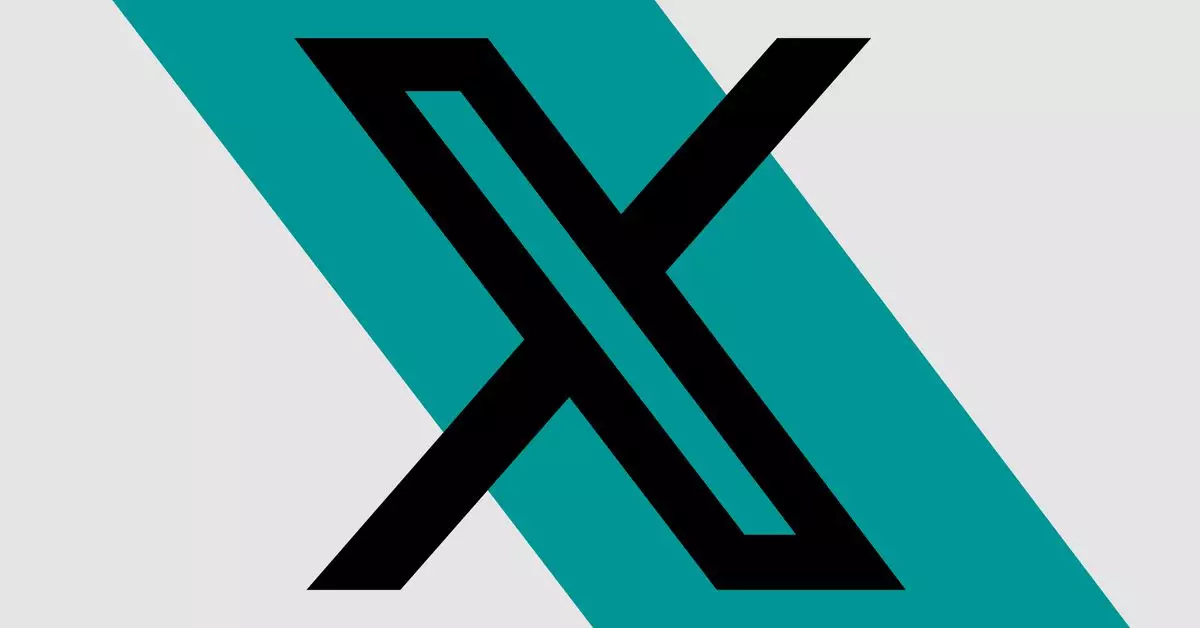The recent decision by a panel of five Brazilian Supreme Court justices to uphold a ban on access to X, formerly known as Twitter, raises important questions about the implications of limiting access to a popular social media platform. This decision, put into place by Justice Alexandre de Moraes in response to X owner Elon Musk’s refusal to comply with court orders, has sparked a debate about freedom of speech and the authority of the government to control access to online platforms.
One of the key concerns surrounding this decision is the potential impact on freedom of expression in Brazil. By limiting access to X, the Brazilian government is effectively restricting the ability of its citizens to communicate and share information online. This move has raised questions about the scope of government control over online content and the potential for abuse of power in censoring dissenting voices.
The decision to ban access to X has not been without controversy. While some justices have supported the ruling, others have expressed reservations about the potential misuse of fines for circumventing the ban. Additionally, the decision has led to a surge in new accounts on competing platforms, indicating that users are finding ways to bypass the ban and continue accessing social media.
Challenges and Opposition
The decision to limit access to X has faced challenges from both the platform itself and other companies. Starlink, a satellite-based internet service operated by SpaceX, has refused to comply with the ban until its assets are unfrozen by the court. This defiance highlights the complexities of enforcing such restrictions on a global scale, especially when dealing with multinational corporations.
The Brazilian Supreme Court’s decision to uphold the ban on access to X raises important questions about freedom of speech, government control of online platforms, and the challenges of enforcing such restrictions in a globalized world. The implications of this decision are far-reaching and warrant further discussion and analysis to ensure that the rights of individuals to access information and express their opinions are not unduly restricted.


Leave a Reply